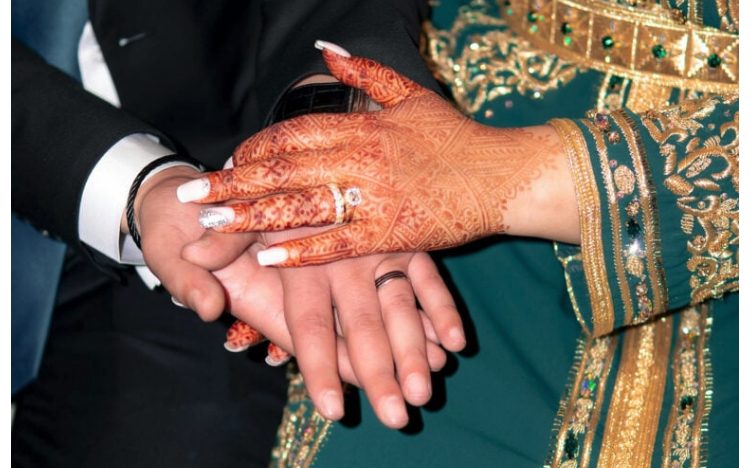UNITED STATES, February 20, 2024 (RNS): When Sinclair Sawhney was introduced to her husband, Deepak, at an art fair 30 years ago, “he was just a ton of fun, really sweet,” she said. “And he was a doctor. But not arrogant!” The only misgiving, Sawhney recalls, was the warning she got from the friend who set them up: Deepak’s family, the friend said, was “super conservative Indian.” “I’m like, ‘I don’t even know what that means,’” said Sawhney, a European American who grew up attending Methodist and Presbyterian churches with her family in Southern California. She would come to find out. As the two sent out their wedding invitations after two years of whirlwind romance, Deepak finally told his parents about her, interrupting his mother’s plan to introduce him to a Hindu woman.
Interfaith, intercultural or interracial marriage is no longer as taboo as it was when Sinclair and Deepak Sawhney married. Almost 40% of U.S. marriages are between people of two faiths, according to a Pew Research study. Among American Hindus, a survey by the organization Interfaith Shaadi found, 38% marry outside the umbrella of Dharmic faiths — Hinduism, Sikhism, Jainism and Buddhism. Dilip Amin, the founder of Interfaith Shaadi and director of Peninsula Multifaith Coalition of San Francisco, said nothing in Hindu doctrine prevents its followers from marrying Christians, Muslims or Jews. Since 2006, Amin said, he has counseled more than 1,200 South Asian Americans in interfaith relationships. The “inherent pluralism” of Hinduism, Amin said, allows for any path to the same God, whether through church, mosque or synagogue. And what’s more, marriage to a Hindu requires no formal conversion. When Hindus object to an interfaith marriage, he added, it is often based on tradition or culture rather than religion.
Much more at source.
https://religionnews.com/2024/02/20/hindu-interfaith-love/
A daily summary of world news for Hindus and non-Hindus alike

